Starting a new trucking authority comes with different challenges, and one of the most common worries for new trucking companies can be securing your first load. For new owner operators with their own authority and other beginners in the industry, the numerous requirements to book a load can indeed be overwhelming. However, this post aims to simplify that process for you, guiding you through the steps necessary to book your initial load, and eventually, establish a successful trucking business with a network of shippers and brokers to provide you business.
Before diving into the specifics, here are some of the essential terms in the trucking industry when it comes to booking loads:
- Carrier: The trucking company or motor carrier who owns the truck and wants to book the load with their trucking authority. (Which is you!)
- Shipper: The business requiring their freight transported. (For example, HEB, Pepsi, Coca-Cola, Costco)
- Broker: The entity that connects the shippers and the carriers. They post the loads, and you are hauling their
- Load boards: Platforms where brokers and carriers find each other. From here, you can start building relationships with brokers to gain contracts and dedicated lanes.
- Dispatcher: The individual who locates freight for a carrier. They could be your employee or an external service provider. You can also dispatch yourself if you are an owner operator
- Rate Confirmation: A document that is issued by the freight broker or shipper to the carrier. This outlines the load details such as pickup location, dropoff location, commodities, and the negotiated rate. This is signed and accepted by the carrier.
- Deadhead Miles: The miles that your truck runs without any cargo. The truck is burning fuel and not earning revenue. Too many deadhead miles can eat into your profits.
- Independent Freight Dispatcher: Freight dispatchers are hired by your trucking company to look for loads and keep your trucks loaded. They book loads, negotiate rates, plan routes, and keep communication between the freight broker and the driver.
Collaborating with Brokers as a New Authority
While many freight brokers prefer to work with carriers who have been in operation for 6-12 months, there are still brokers willing to cooperate with new authorities.
Smaller brokers will work with you as well and local Texas direct shippers generally don’t have a minimum authority age policy.
Securing Your First Load: A Step-by-Step Guide
1. Research
Some large freight brokers like CH Robinson have their own load boards, but if that’s not an option, you can utilize 3rd party platforms. You can start your search by filtering for loads originating in the area you want to pick up from, and the type of trailer you haul (flatbed, reefer, dry van, etc.) You also want to take into account factors such as origin, destination, pickup time, weight, distance, and rates.
2. Negotiate
Once you find a suitable load, it’s time to negotiate. Although some boards allow direct booking, it’s often beneficial to call the broker and negotiate a better rate. Be prepared to discuss the load’s availability, pickup and delivery dates, locations, weight, and potential fees. Don’t forget to check the broker’s credit rating to gauge their reliability. You can check credit through a factoring company.
3. Confirm
If you decide to take the load, wait for the broker to send you a rate confirmation. This document should include the broker’s name, logo, contact info, load number, and rate. Ensure the rate confirmation matches the details discussed with the broker before you move to pick up the load.
4. Onboard
When you work with a freight broker for the first time, you are required to complete a carrier packet, which includes a broker-carrier agreement, your operating authority, a W-9 form, factoring notice of assignment, and a certificate of insurance. The broker may also ask for additional information about your business.
5. Repeat
After successfully booking and delivering your first load, you should aim to secure another load. You can get a load that returns from the destination of the first load or to any destination you would like to go. This strategy keeps you moving and gives you time to plan for subsequent loads. If possible, try to book a load for Monday before ending your week. This forward-thinking approach is beneficial for your business as it helps to keep your schedule full. Planning your loads ahead of time can reduce your deadhead miles which improves your trucking company’s profitability!
Other Options
Freight Dispatchers
Hiring a freight dispatcher is a good choice for owner-operators and company owners that are too busy to book their loads. Freight dispatchers use their experience, negotiation skills, and connections to keep their client’s trucks loaded. Good dispatchers plan their client’s routes ahead and keep them loaded. Some dispatchers also offer extra services such as helping to invoice their client’s loads for them.
How to get paid for your loads
When you deliver your load, you will need to invoice the load to the customer to get paid. You will need to have an invoice, the rate confirmation, signed BOLS, and any extra paperwork the driver was given. The industry standard payment terms are NET30, which means the customer will send a check out to you after 30 days from the day you invoiced the load. Having good cash flow is extremely important for trucking companies. Most trucking companies use a factoring company to get paid for their loads.
A factoring company advances you funds for your invoices, bills the invoices on your behalf to the customer and collects the invoices when they are due for payment. A good and reliable factoring company can make or break your trucking company. Our partnered factoring company provides the best customer service, great rates, and has helped grow hundreds of trucking companies throughout the years.
Getting your trucking authority and learning how to book loads as a brand new trucking authority may seem daunting at first, but with the right approach and persistence, you can establish a robust freight network. With time and experience, you’ll become more proficient at booking loads and ensuring the success of your trucking business. Our team at Texas Truck Permits is here to help you and connect you with all the tools you need to succeed.
The initial stages might be challenging, and you may face some rejections. But don’t let that discourage you. The trucking industry is vast, and there are unlimited opportunities. Be patient, persistent, and focused, and you will find your path to success in the world of trucking.
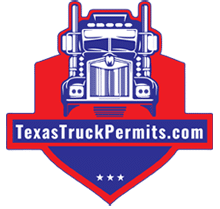
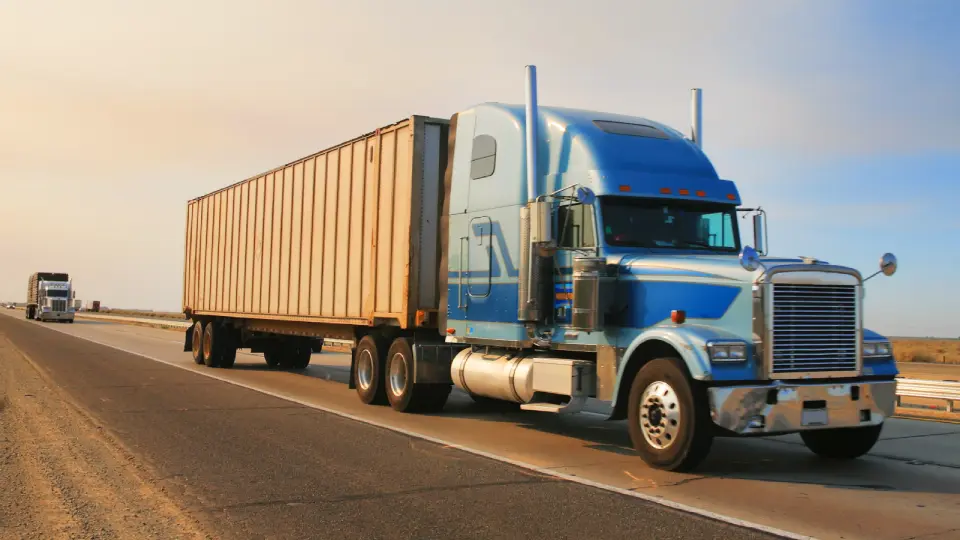
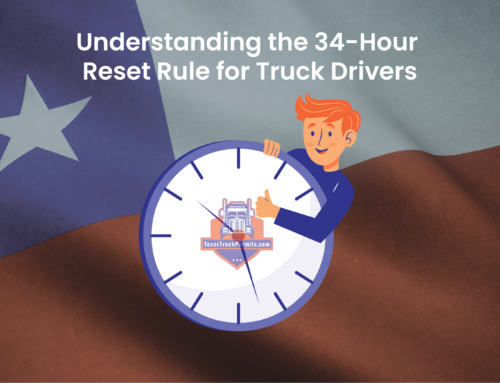
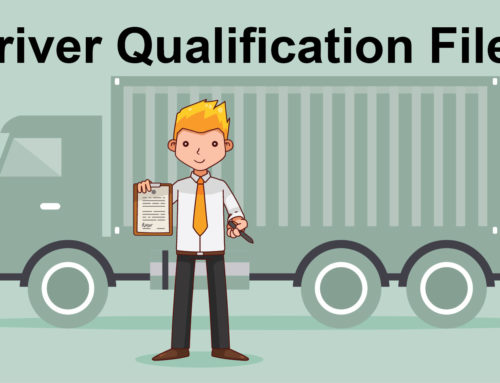
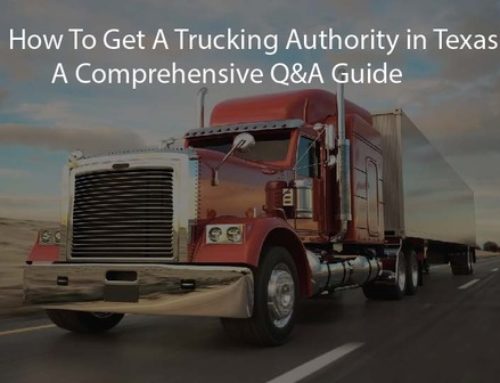
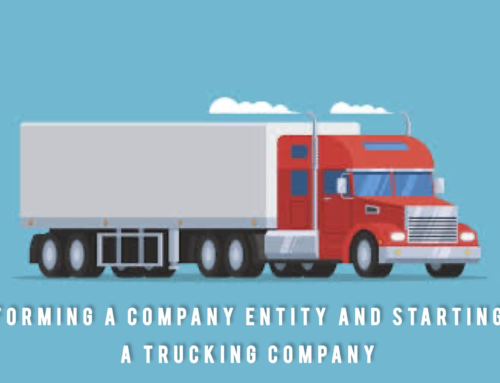

Leave A Comment